Our Programs
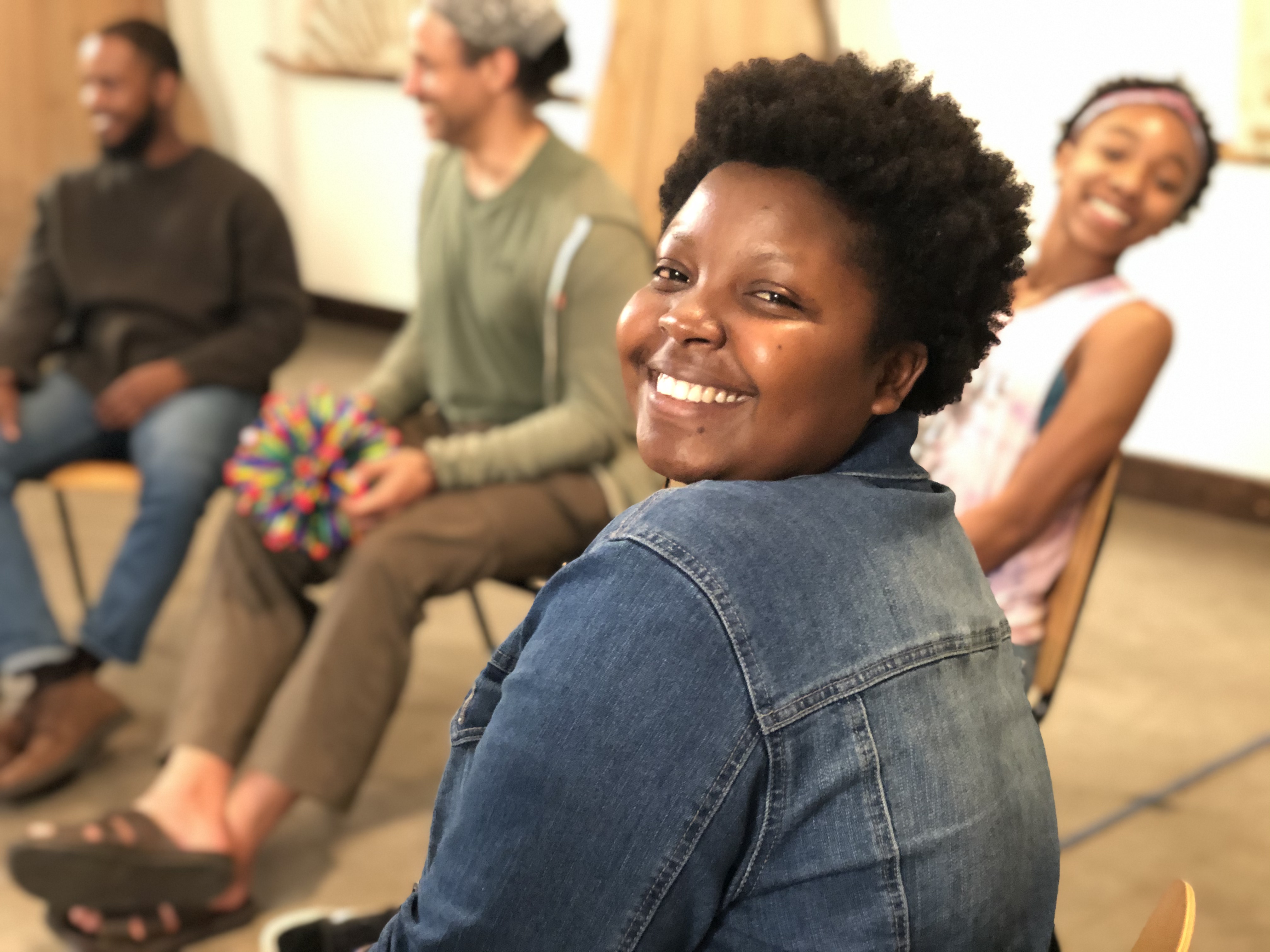
.jpg)
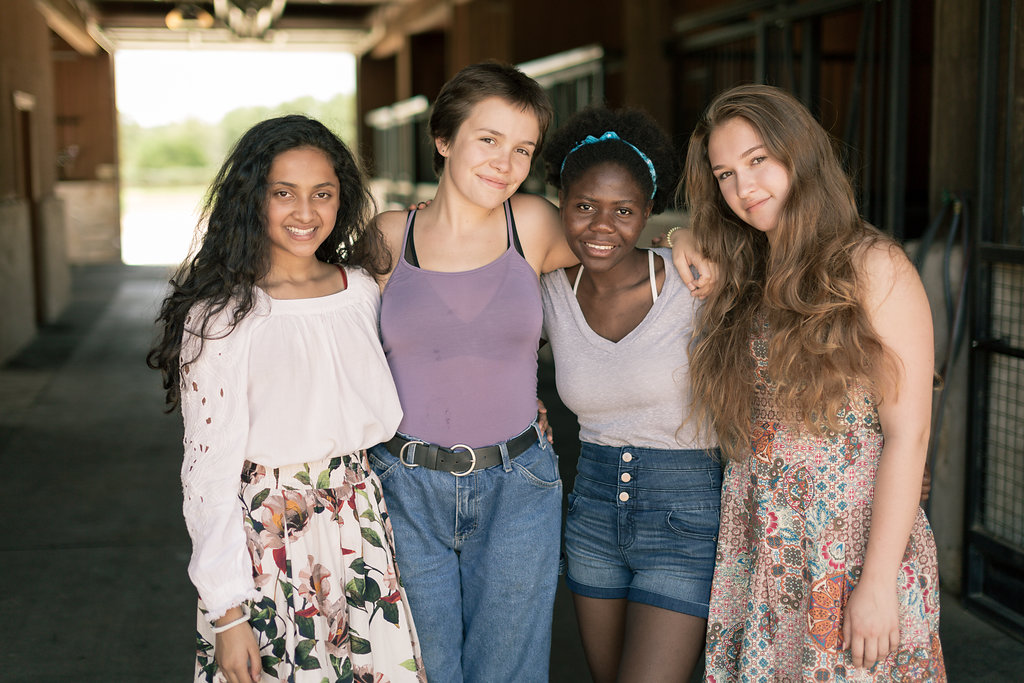
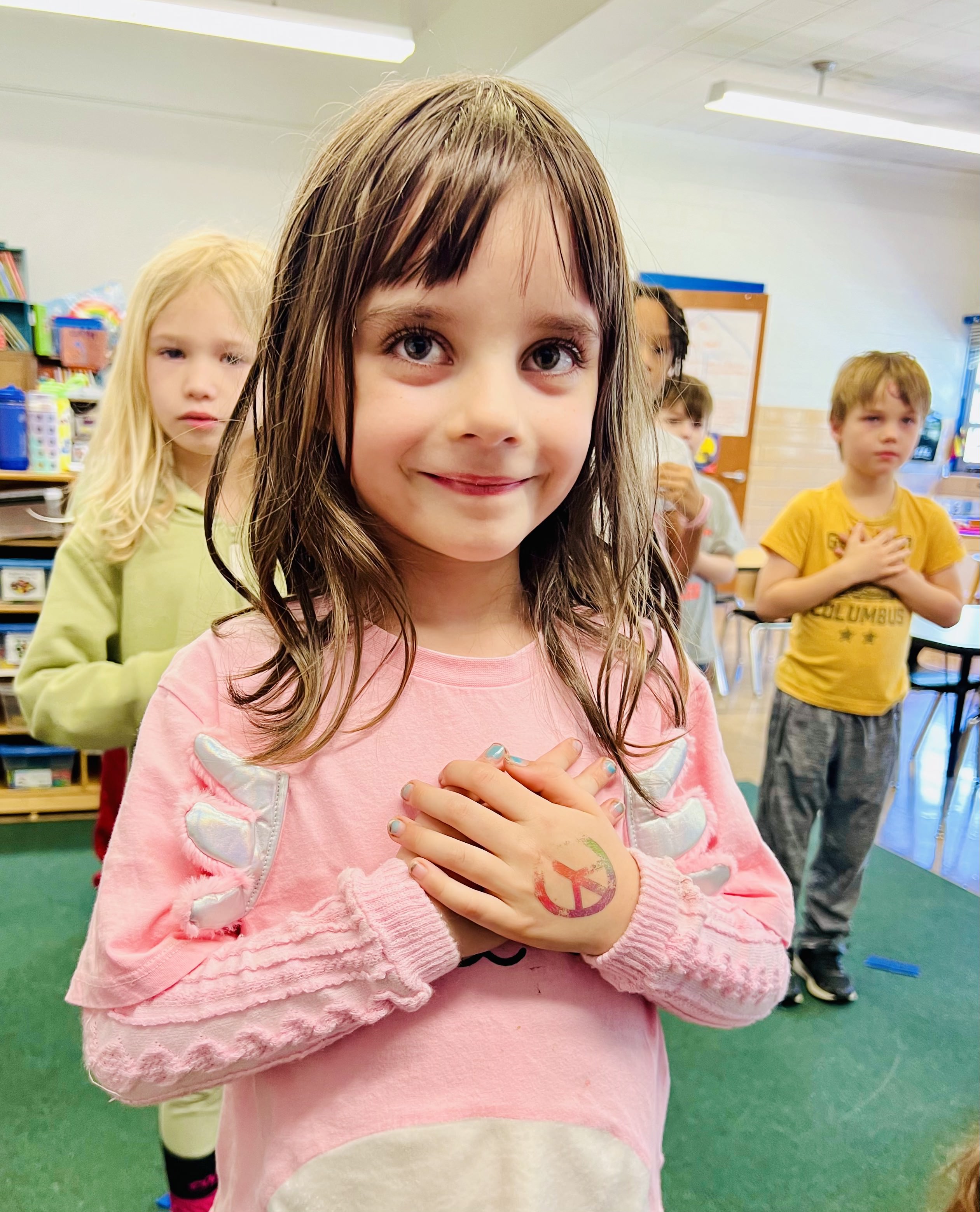
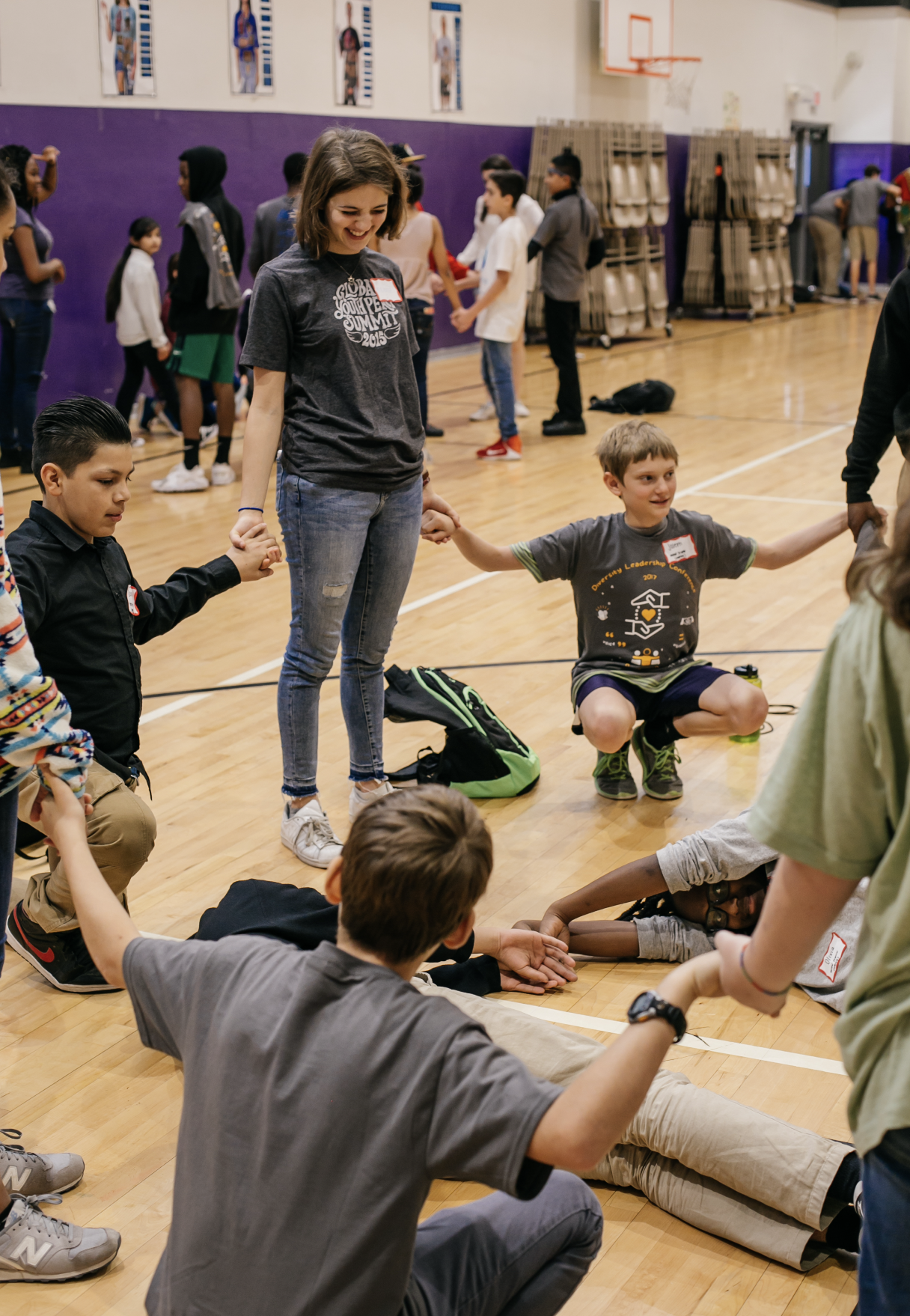
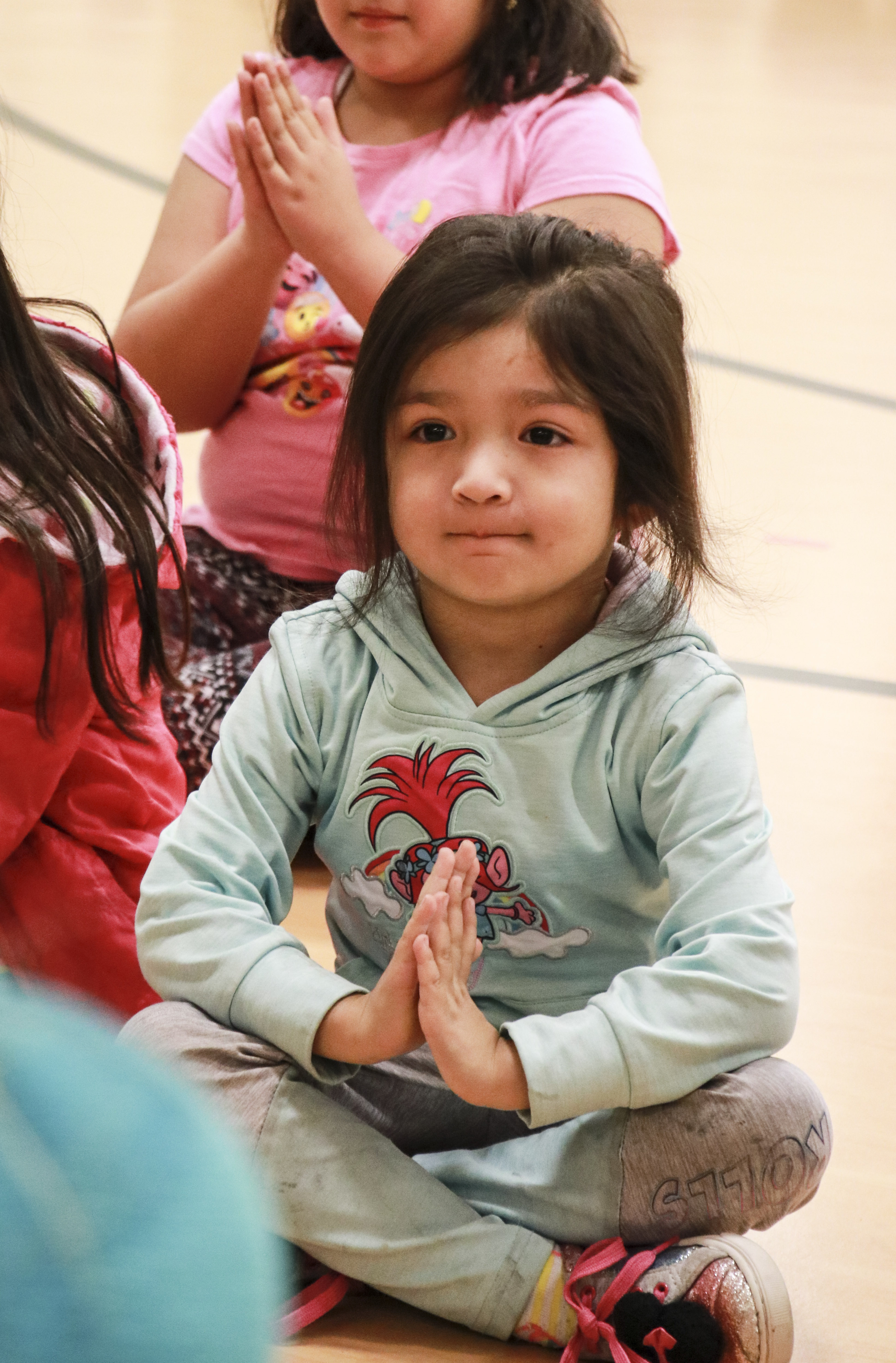
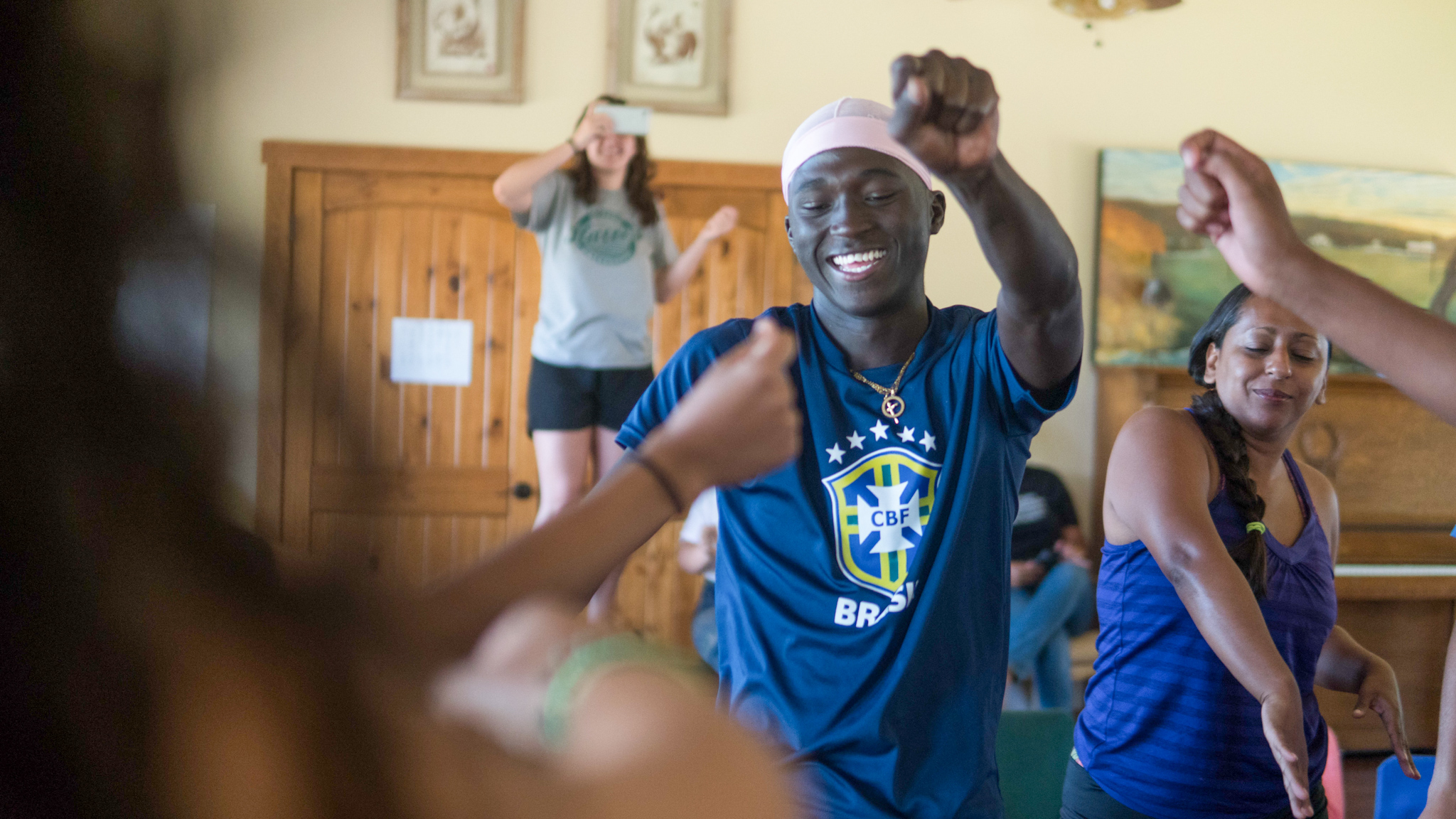
.jpg)

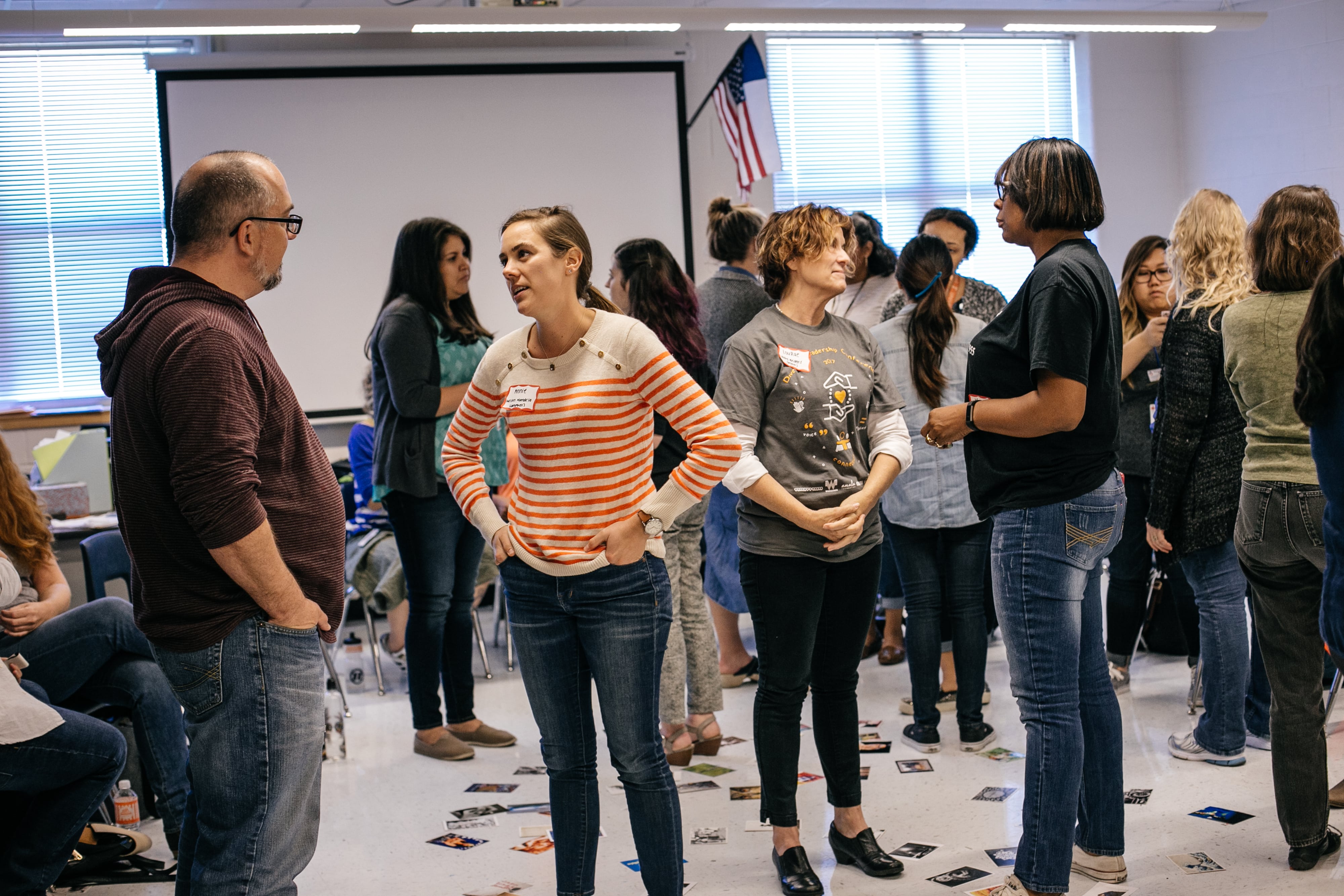

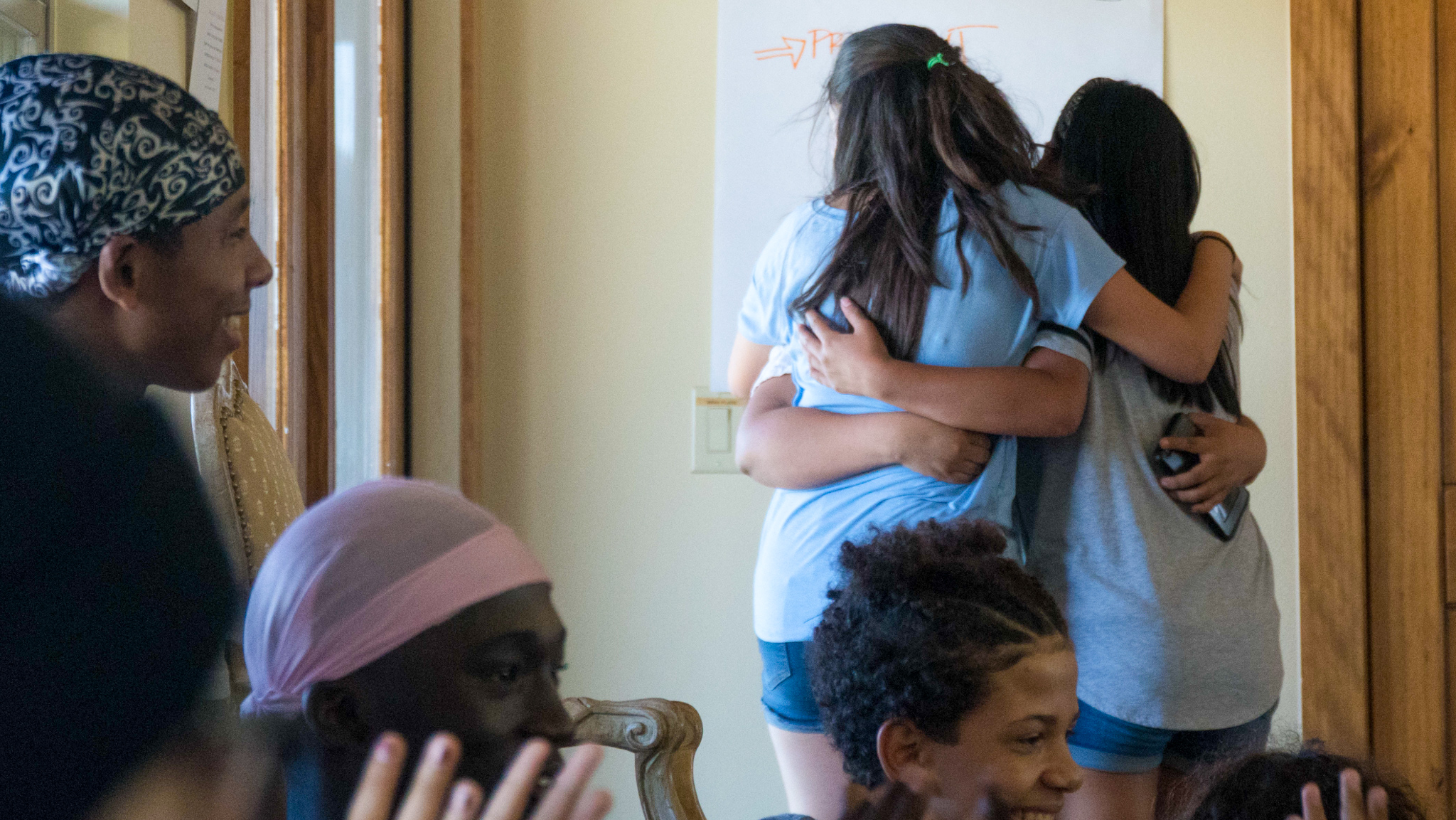
Circle Up
Amala's Circle Up program offers a unique blend of mindfulness, movement, and sharing circles to help people of all ages learn self-care practices, connect with peers, build healthy relationships, and engage with their communities.
.jpg)
In Schools
Circle Up offers weekly circles for students, all-school assemblies, and professional and personal development workshops for parents, teachers, counselors, and administrators. Circle Up sessions include time for quiet and/or stillness, movement, and sharing on topics relevant to the participants in each circle. These elements help participants reconnect with themselves and others.
In Communities
Community Specialists bring the Circle Up model to people of all ages in accessible settings such as recreation centers, senior centers, and community spaces. As individual and collective needs arise in the circle, Specialists serve as trusted guides by connecting participants to local resources and support services. In addition to the social-emotional topics covered in our school-based curriculum, these community circles create space for deeper exploration of civic engagement. Participants are invited to reflect on the unique challenges and opportunities within their neighborhoods.
Session Topics Include:
→ Self-care and self-awareness
→ Recognizing personal strengths
→ Building confidence
→ Managing stress, anxiety, and emotional overwhelm
→ Belonging, compassion, and being curious about others
→ Communication skills that build trust and healthy boundaries
→ Strategies for conflict resolution and collaborative problem-solving
→ Using your voice to lead and make change in your community
Community Specialist Training
Our Community Specialist Training is an immersive and trauma-informed program designed for people who want to bring healing, connection, mental health literacy, and opportunities for civic engagement to their communities.
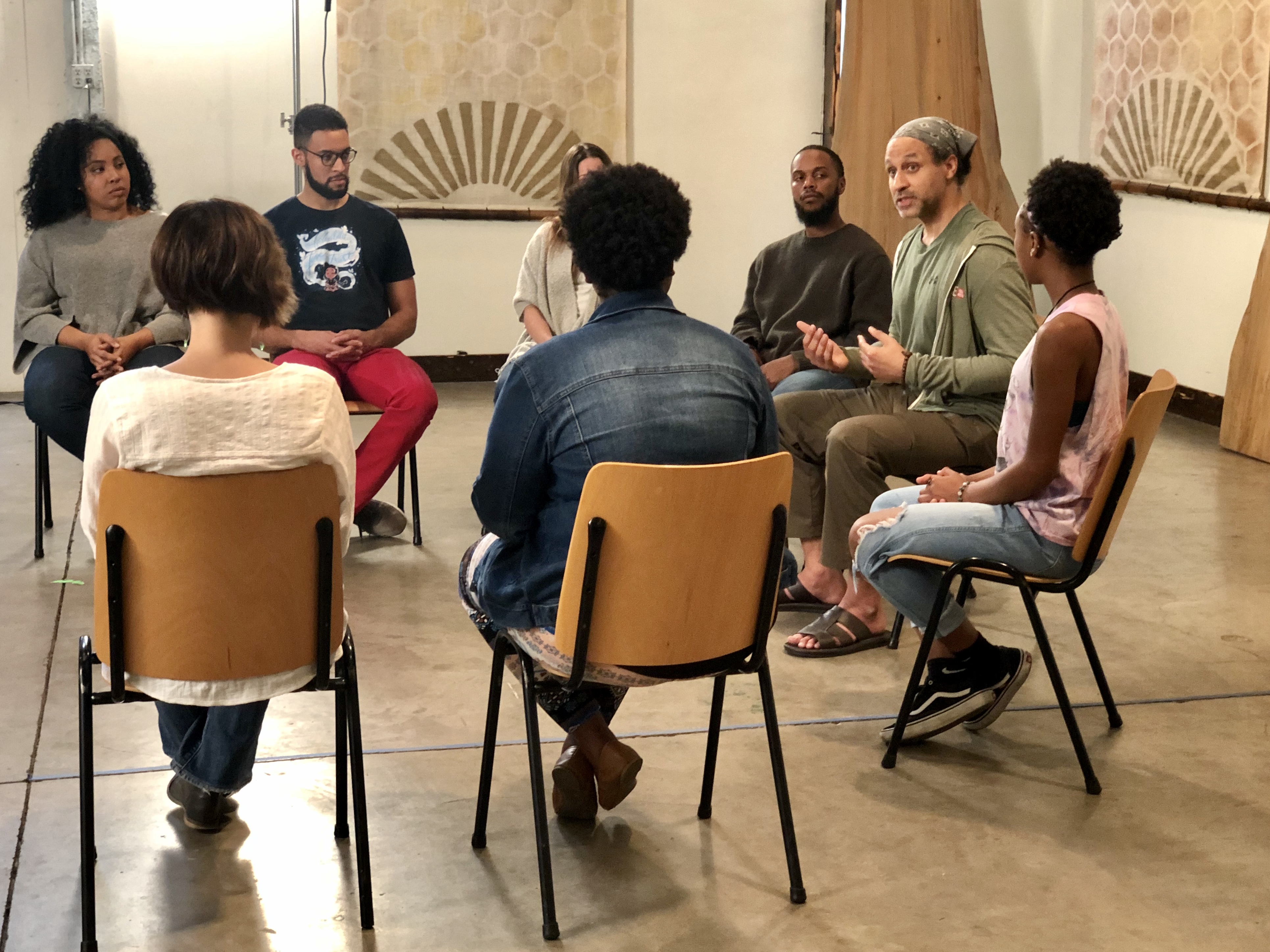
About The Program
Since 2017, we have trained local community members to become Community Specialists. These Specialists facilitate community circles focused on self-awareness, healing, connection, mental health literacy, and healthy culture building. No formal training or facilitation experience is required. Our model is grounded in the World Health Organization’s Optimal Mix of Services, which identifies self-care and informal community care as the most cost effective and accessible forms of mental health support.
Who It's For
This training is for community-minded people who:
→ Want to support emotional and mental wellbeing in accessible, culturally responsive ways
→ Have lived experience in the community they want to serve
→ Are passionate about creating safe, inclusive spaces for healing and growth
What You'll Learn
→ Trauma-Informed Care: Cultivating safety and presence with discomfort
→ Mental Health First Aid: Recognizing and supporting people in distress
→ Restorative Practices: Facilitating healing and repair in community
→ Group Facilitation: Designing and leading intentional group experiences
→ Communication & Self-Care: Tools for emotional regulation and conflict navigation
→ Community Organizing: Building sustainable, peer-led local support networks
→ Resource Navigation: Connecting people to other services, like therapy, legal assistance and medical care
